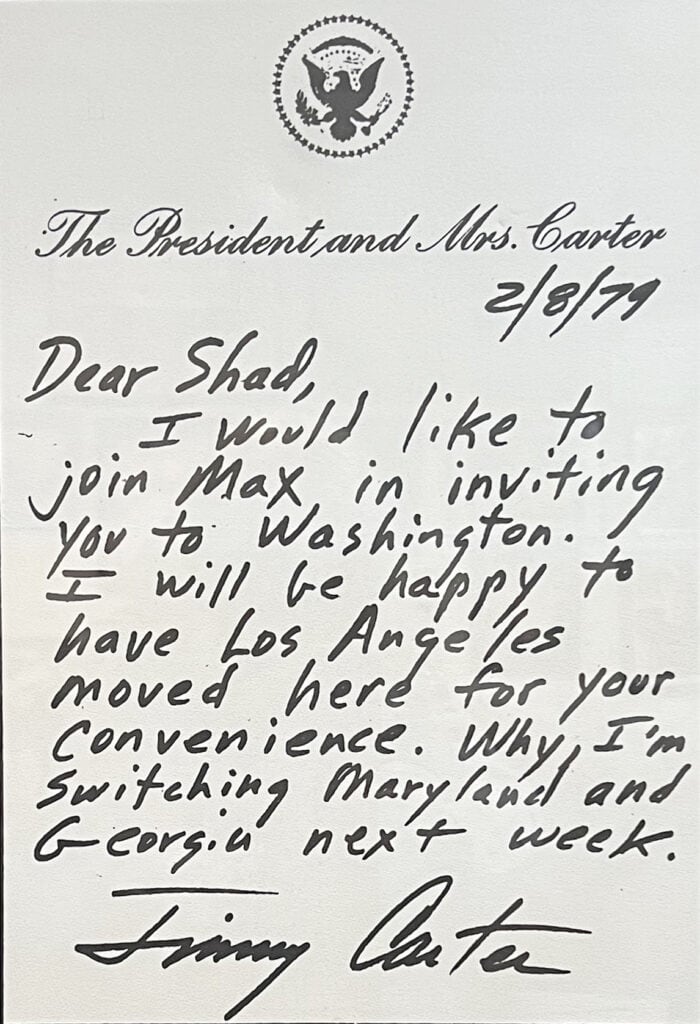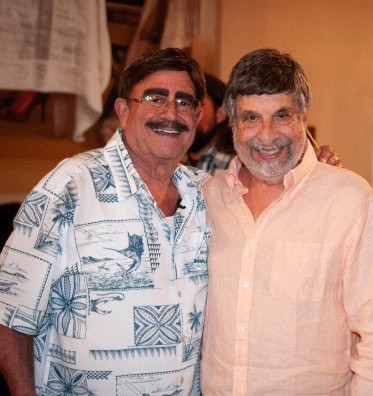Veteran Identity Theft – The Horse Has Left the Barn
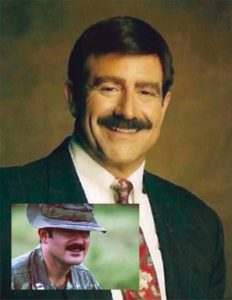
NVF President & Founder Shad Meshad
47 years of working with Veterans. I thought I’d run into every kind of challenge they face. Then, recently I attended a cybersecurity conference in Los Angeles, with presentations by the LAPD’s cybersecurity team and others fighting identify theft.
That’s where these experts hit me with the information that Veterans are twice as likely to have their identity stolen as non-Veterans, and that veteran data has been available for purchase on the dark web since 2014.
The Bad News
It turns out that the military’s version of the Equifax breach happened three years ago. I knew about it when the media reported the story, but the the barrage of other Veterans’ issues we deal with every day pushed the story to the back burner. The data was lost when a hack of the Office of Personnel Management (OPM) exposed the social security numbers and security clearance information of 21.5 million individuals–including active duty and former military personnel. And before this, 26.5 million records were hacked from the OPM in 2006, and 4.9 million military hospital and clinic patients’ records through the VA’s Tricare system in 2011.
And there’s nothing we can do to stop criminals from using this data. They are using the information to steal the identity of current and former service members. The horse is out of the barn.
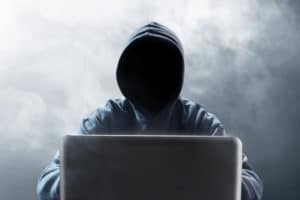 Veterans’ personal data is out there for sale on the dark web and Veteran’s identities are being stolen every day, for a variety of scams that ruin the credit, finances and reputations of current and former service members.
Veterans’ personal data is out there for sale on the dark web and Veteran’s identities are being stolen every day, for a variety of scams that ruin the credit, finances and reputations of current and former service members.
That’s the bad news. Vets can sign up for a credit monitoring service. But those services just alert them to a problem after hackers have already struck. For example, when a scam artist has used their data to rack up thousands of dollars in hospital bills.
As if our returning Veterans needed another challenge to their coming home process. In addition to finding a job, accessing their benefits, getting medical care and housing.
The Good News
The good news is, there are organizations who specialize is cleaning up the results of Veteran identity theft. They get the money back, fix credit reports, and get back the victims’ good names.
One such organization is LibertyID, and their Humble Heroes Program with which the National Veterans Foundation will be partnering to address this crisis. Through corporate sponsorships, the partnership will provide:
- Identity theft restoration coverage provided to thousands of veterans and their families
- Full-time jobs created for qualified veterans
- Support for NVF’s veteran’s assistant programs
In the meantime, for any Veterans or active duty servicemembers who have had their identities stolen, or who want to put LibertyID’s protection in place, call our Lifeline for Vets at 888-777-4443.
To support the National Veteran Foundation’s Lifelien for Vets and other veteran service programs, make a donation today.
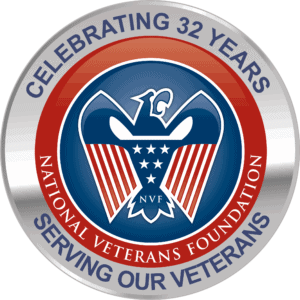

You can be a part of our mission to help Veterans by making a tax-deductible donation!
About the Author
SUBSCRIBE TO OUR BLOG AND NEWS!
By submitting this form, you are granting: NATIONAL VETERANS FOUNDATION INC permission to email you. You may unsubscribe via the link found at the bottom of every email. (See our Email Privacy Policy for details.)
Related Posts




